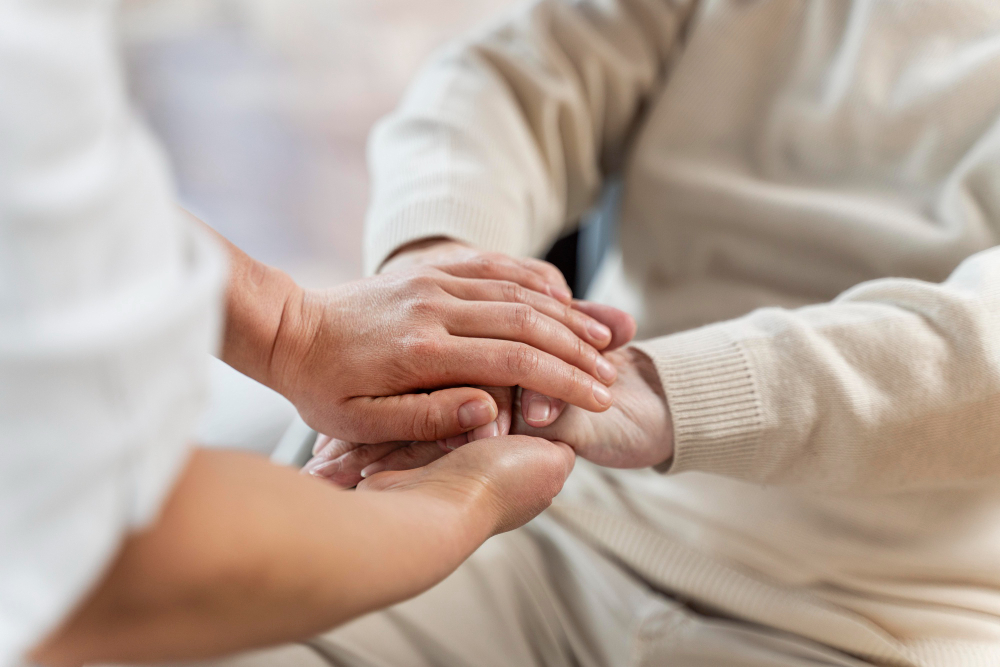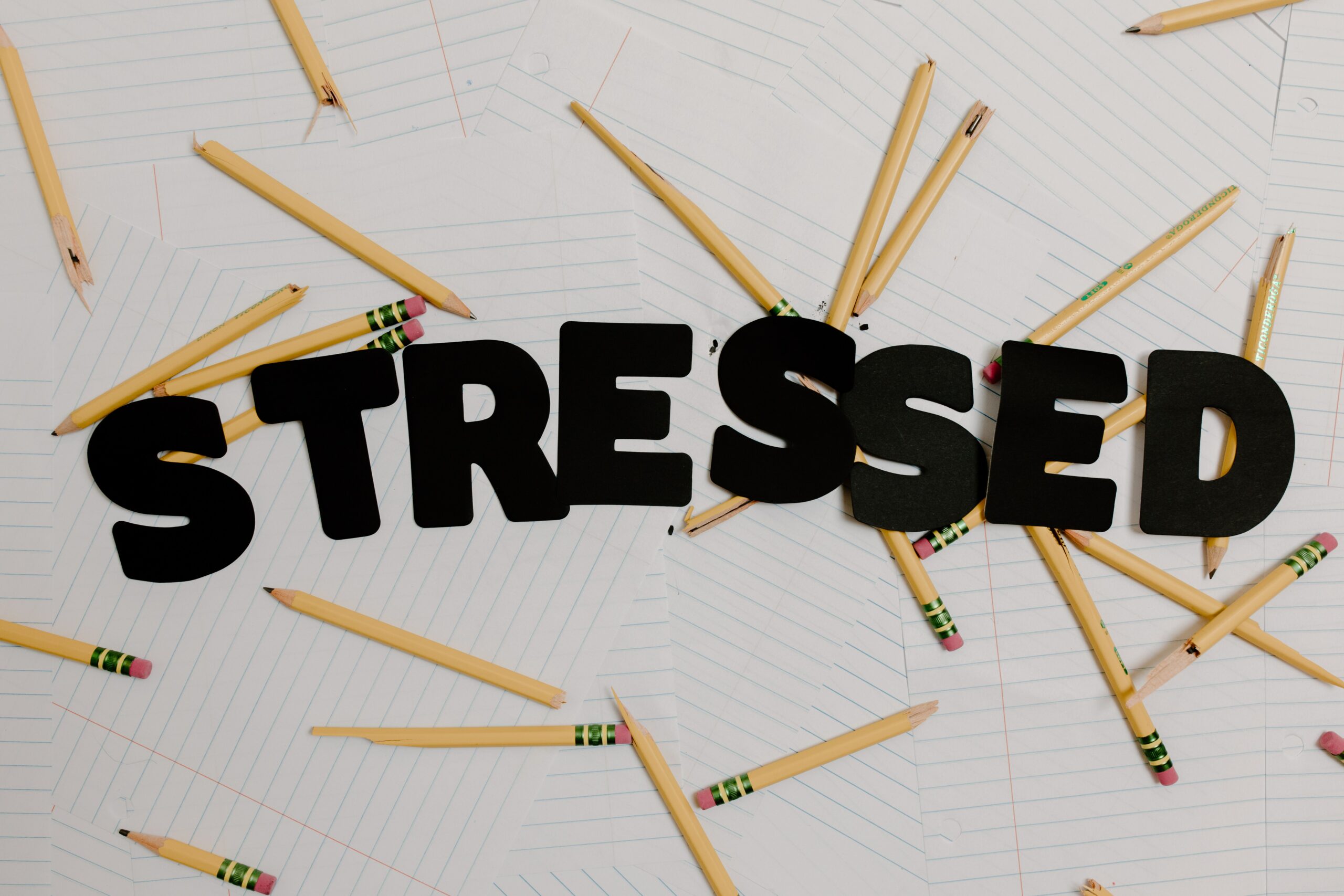mental health
TagMental Health Support Strategies for Healthcare Personnel
On the surface, nursing jobs meet so many of the criteria that lead to workplace satisfaction. They can elevate a person’s community standing. Most people recognize and appreciate the services of all healthcare workers, but perhaps none more than …
- Advanced Practice
- Allied Healthcare
- Dental
- Healthcare
- medical practice
- Mental Health
- Nurses
- Physicians
- Therapy
Managing Healthcare Shift Work Challenges: Strategies for Well-being and Professional Growth
Shift work is a crucial part of many healthcare jobs, especially in hospitals, emergency services, and various clinics. It can offer you the flexibility you need, along with a higher pay rate due to night shift differentials. However, it can also …
Navigating the World of Community Mental Health Nursing
There is little doubt that those who choose to commit themselves to the nursing profession are doing so out of generosity, selflessness, and a level of care that leaves lives changed. All of that applies to nurses at every level, but those who cho…
Empowering Patients and Families: The Role of Nurse Practitioners in Palliative Care
The role of a nurse practitioner (NP) offers various types of opportunities and experiences. While many NPs work from doctor’s offices or hospital floors, others focus on more specialized areas. One of these is caring for terminally ill and end-of…
Stress Relief Tips for Healthcare Workers
Up to 70% of healthcare workers feel stressed according to a newly released 2023 study. While having high amounts of stress isn’t good for anyone, it can result in unique consequences for healthcare workers, says Dr. Jenna Sage. This makes it espe…
The Growing Demand for Teletherapy: Exploring the Benefits and Challenges of Virtual Mental Health Services
The landscape of mental health support has undergone significant transformation over the years. Traditional in-person therapy, a longstanding pillar of psychological care, has witnessed a notable evolution with the advent of teletherapy. This digi…
Patient Accommodations Within Therapy Practices
Building a successful therapy practice is easier when you put your patients first. Quality customer service, treatment, and resources are the key to attracting new patients and keeping them long-term.
More importantly, satisfying as many of you…
4 Ways to Enhance Your Therapy Practice
As a therapist, whether you’re new to the profession or have been practicing for years, staying up-to-date with the latest trends and resources in your field can help you make sure your practice is as successful as possible. In this article, also …
Overcoming Imposter Syndrome in the Healthcare Industry
There are 20 million people employed in the healthcare industry. It’s one of the most fast-paced, competitive, highly-skilled industries out there. So, good for you if you’re a part of it. Many healthcare employees would agree that getting to wher…
Tools for Healthcare Workers to Manage Physical and Mental Health
By using the right tools, healthcare workers are well-equipped to stay healthy
Today’s healthcare workers face unprecedented physical and mental health challenges. They must account for the coronavirus (COVID-19) pandemic and ensure they are admi…









